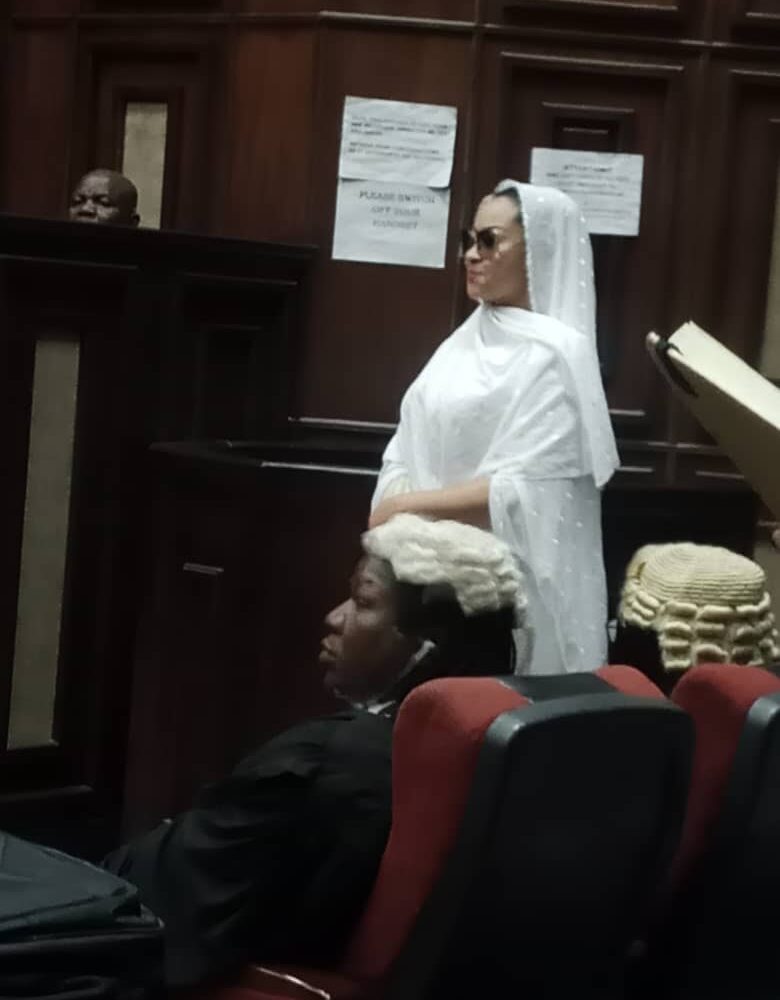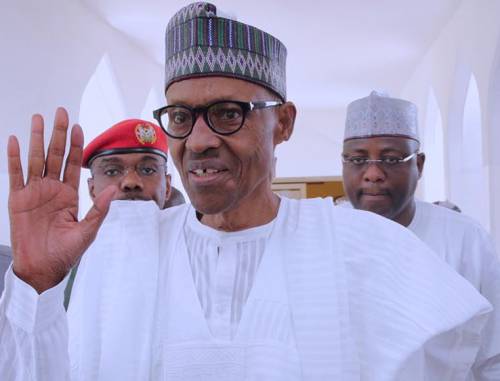Since the introduction of Value Added Tax (VAT) collectible by Federal Inland Revenue Service (FIRS) for many years, the proceeds is often distributed among the three tiers of government: Federal, 36 states and the 774 local government areas, including six local councils of the FCT.
This consisted of all other varying revenues collected by FIRS and remitted into the federal purse to augment federation account, among other emergencies.
Federation account by implication is what states and local governments rely upon to mitigate both their recurrent and many times other expenditures, in view of financial profligacy and lack of transparency and accountability in the process of collection and remittances of IGR by various state governments.
With all the collectible revenues at the state levels, including the oil-producing states and the commercially, economically dense states, all the 36 states still go cap in hand on monthly basis under the guise of federal allocations, playing down on fiscal federalism, to obtain billions as states allocations on monthly basis, collected and remitted by FIRS, through its taxes with Customs and NNPC contributory.
Unlike the FIRS, one of the revenue collectors at the federal level that had subjected series of its exercises to public scrutiny, modest practices and frequent review of its modus operandi, states had resorted to concealed process without making public amount collectible on monthly basis as internally generated revenue (IGR), accrued to states.
Not until the early part of Nigeria’s democratic experience, when the then civilian President Olusegun Obasanjo sanctioned Lagos State for constitutional breach, through creation of new LCDAs, and subsequent stoppage of federal allocations to Lagos, states are not known to be viable to fund some of its activities, especially payment of workers’ salaries, until the political and economic crises in the early 2000 between Lagos State and the Federal Government.
The development opened up a new chapter in the political development of Nigeria, as well as aggressive approach to revenue generation by states, even though it was not subjected to public scrutiny in line with the best practices.
Majority of states in Nigeria are only interested in the projected revenues or collectible revenues at a certain periods, like quarterly, half a year, for political exigency, as their books do not conform to audited standards.
Even at that, states under the guise of capital projects, channel their IGR to highly inflated and overvalued capital projects and services, to ensure revenues collected are not even enough to fund numerous genuine and ghost projects by the state governments. On yearly basis, projects initiated and executed by state governments are rolled over, even after the life of many administrations, and in some instances abandoned projects.
This development at state levels had degenerated and subjected many states to loans and advances from commercial banks; and many instances entered into bond arrangements with the stock market, to achieve mere political decisions, that soothe their whims and caprices, as some of the projects are also abandoned halfway.
The worsening scenario is the current trend of hijacking local government allocations under the guise of “Joint Accounts” with no legal permission after series of warnings from NFIU, EFCC, ICPC, and other monitors of government funds and allocations to states and local government areas.
As it stands, all the local government areas in Nigeria, with just few states, are mere administrative extension of state governments as billions allocated from FAAC on monthly basis and shared VAT and other statutory taxes are being cornered by various state governments.
Many local governments councils in Nigeria today are now shadows of itself, as local government workers are in many instances paid “half salaries”, “Percentage salaries”, and at times “no salary,” ranging from months to years, as basic development obtainable during the inception of democracy in 1999, have eluded the LGAs, with pensioners worst hit.
This had resulted to shoddy conducts and results/outcome of local government elections in states where certain political party held sway at the state level, with muzzled electorates and results that ensured the opposition political party to the state government have no access to even a councillorship seat.
This tends to have affected not only the economic situation of LGAs’ workers in Nigeria, but bastardised the political and social structure local government administration was known to mitigate, many decades ago.
Since the beauty of democracy is fiscal federalism and through which FIRS was mandated by the Constitution to continue to collect VAT among other taxes in Nigeria, and distributable to the federating states and LGAs in the country, it behooves on the constituted authorities to mull more powers through the enabling laws to the FIRS, not to only collect and share among states and local governments, but more powers to make sure it gets to each and every one of the 774 local government areas and the six Federal Capital Territory councils through monitoring.
Without prejudices to the current legal fireworks instituted by individuals and lately Rivers State Government with judgment of the FHC in Port Harcourt, already appealed by FIRS, and for stay of execution, the process of finally legalising the collection of VAT from Federal, states and local government areas must be followed to the letter by the Revenue House/Government.
The exclusivity of the current exercise of collection of VAT and other taxes envisaged by the Federal Government by FIRS should, without further delay, be brought to the knowledge of the National Assembly, to avoid further sabotage and overlapping from both states and local government areas in the nearest future.
The issue of VAT collections by FIRS and remittances to the three arms of government, ranging from federal, states and local governments is an issue of national interest, which transcends mere state apparatuses.
The illegality of the Rivers State Government action and any other state/s that may toe the same line is already in the public domain, irrespective of political affiliations and coloration, until the judicial interpretation is pronounced from the appellate court and, finally, by the Supreme Court subsequently, as the FIRS is only the constitutionally mandated agency charged with the collection of VAT all over Nigeria on behalf of federal, states and local governments, pending the determination of the substantive suits.
The economic sabotage and political undertone on the part of state governments cannot be over-emphasised, geared towards creating economic hardship, political crisis at a time the world is battling with the third wave of COVID-19 Delta variant, which could preclude huge revenues and capable of affecting federal allocations to federal, states and LGAs in terms of regular payment of salaries witnessed amid COVID-19 and global recession in the last few years.
Also coming at a time the FIRS had introduced various reforms and measures that had improved tremendously revenue generation with VAT not left out, as reports confirmed over N500 billion collected in the first quarter of 2021, improved in second quarter of 2021 and expected to triple in the third quarter of 2021.
The state’s apathy is also coming at a time of expected low funds to be distributed at FAAC, despite the non-remittances by the NNPC in the last few months and Customs low remittances, did not affect monthly allocations, as FIRS had bridged the gap of the two main bodies by contributing N650 billion amounting to about 90 per cent of monthly collected FAAC some months ago.
It is also worrisome to see states ganging up to fight the Federal Government, using FIRS as a scapegoat for performing its statutory functions towards the economic, political emancipation and sustenance of Nigeria’s federating states.
The antagonisms, cynicisms and criticisms of the states was designed to weigh down the planned increase in both VAT and other revenues by FIRS, as it has targeted over N1.1 trillion for 2022, amounting to about N840 billion each from January to December, ahead of the historic N650 billion generated in June 2021 after the introduction of TaxPromax Solution by the service.
The determination to explore and exploit more revenue outlets, recover outstanding taxes and revenues owed by corporate bodies, individuals and multinationals, is also being frustrated by some inordinate ambitious state governments declaring war on FIRS and trying to use it as a springboard to achieving the impossible.
In all, the undeterred and unperturbed leadership of the Revenue House, Mohammed Abubakar Nami, has the experience, the capability, capacity and temerity to match actions with words in ensuring the accelerated growth of revenues, not only VAT but other collectibles that will sustain the economy of Nigeria.
His two years leadership had transformed the Revenue House beyond mere nomenclature, as his word is his bond.
•Yusuf, a public affairs analyst, writes from Jos.





